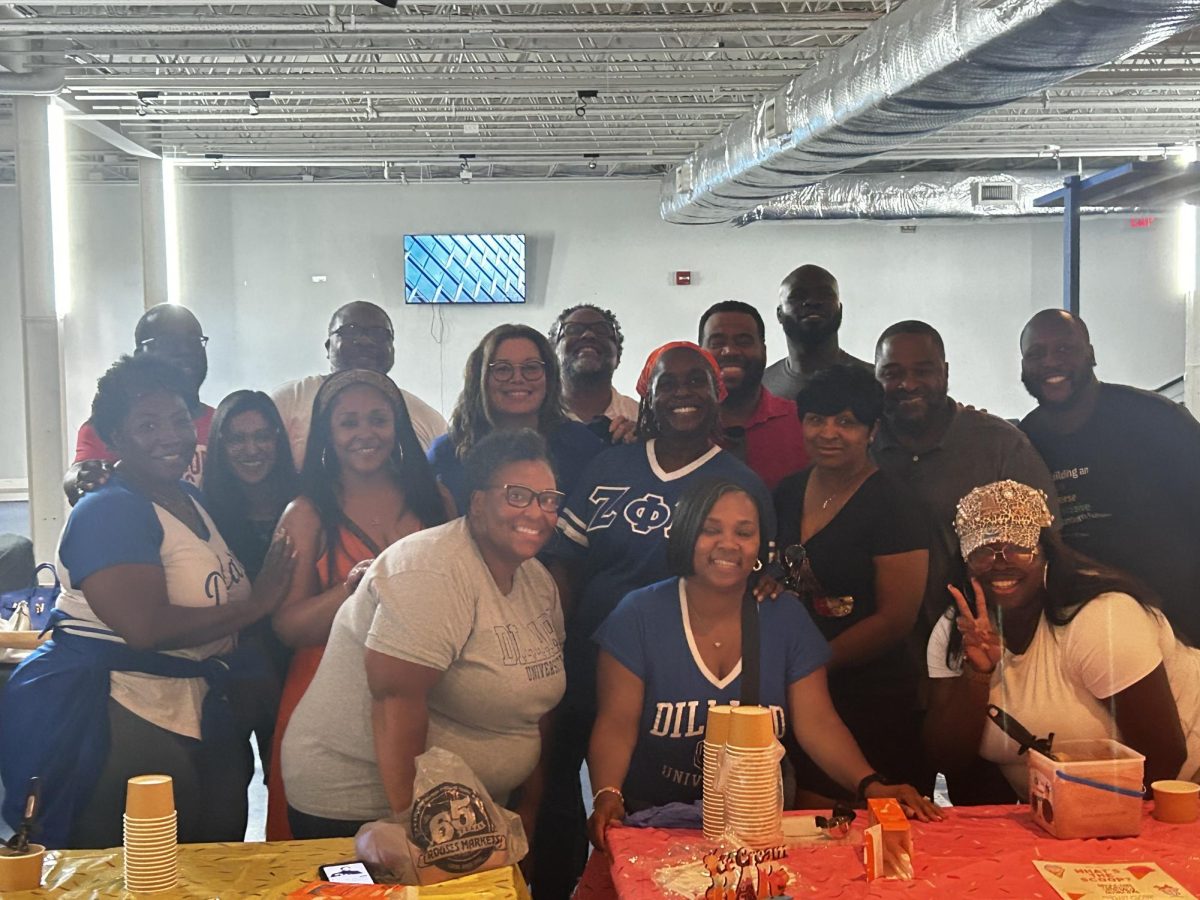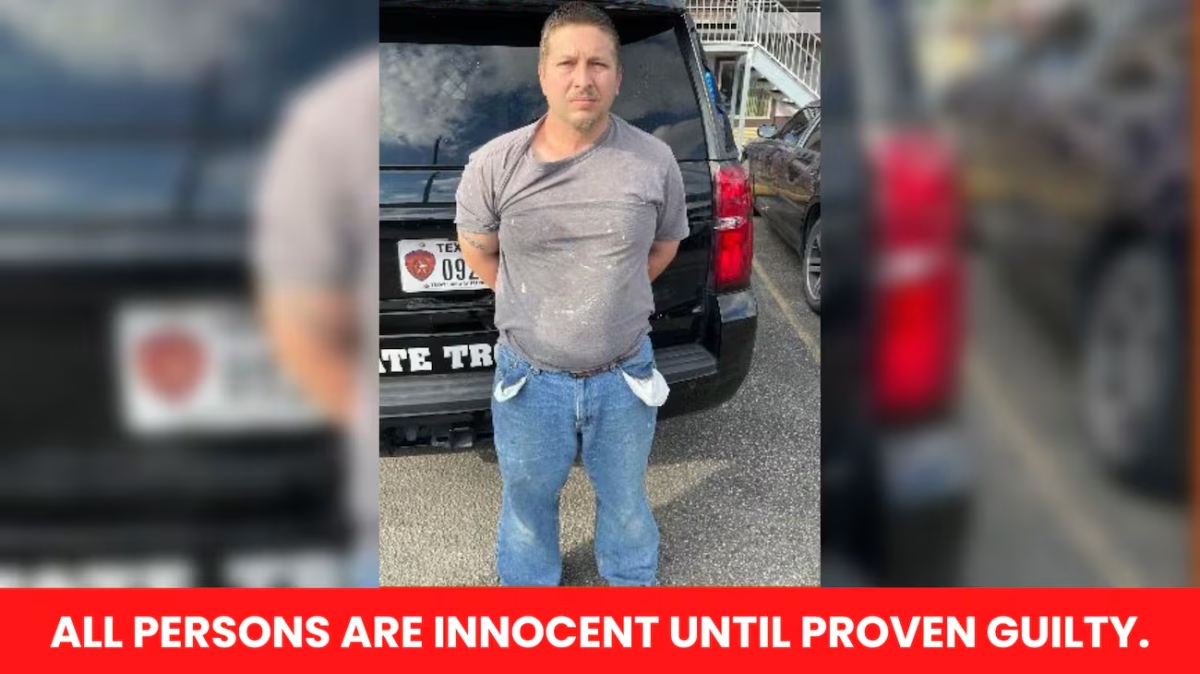
NEW ORLEANS (February 22, 2021) – The use of Dillard’s name as a crime locator for incidents unrelated to the school has prompted campus officials and at least one student to complain.
Dillard is not the only HBCU to see this as a problem: A one-year project at North Carolina A&T supported by the Poynter Institute for Media Studies has documented the problem elsewhere.
On Jan. 8, a WWL-TV headline said, “Iberville area shooting leaves 1 dead; juvenile male shot in Dillard area: NOPD.” The story, about two separate shootings, used Dillard’s name as the locator for a crime that had nothing to do with the campus.
(The headline has since been changed on the wwltv.com website, but the news story itself still describes a “Dillard-area shooting” that left a juvenile wounded.)
Andrew Logan, a junior mass communication major from New Orleans, was among students upset about using Dillard’s name in this way. He said he reached out to Dr. Marc Barnes, vice president for Institutional Advancement, whom he learned already was involved in seeking an end to use of Dillard’s name in this way by reaching out to media outlets.
Logan said Barnes also directed him to Eddie Francis, director of DU Communications.
Logan said, “To see a news outlet falsely include our name in a crime scene was very upsetting.” He tweeted that Dillard “is not a town, city, state, street, neighborhood, none of the above…It’s a university. This is sickening.”
One problem that was uncovered is that on Google maps, Dillard is considered a sub-neighborhood.
Even so, Barnes said he has reached out to several outlets – one print outlet and three broadcast stations – and reported having some “good conversations.”
“A lot of reporters are not from New Orleans, and they try to put these locations in the article because it helps identify where the crime happened,” Barnes said. However, the negative impact on Dillard can be huge in terms of whether students feel the school is safe, on developing partnerships and on fund-raising.
Another plan is to create a social media awareness training session for student leaders and incoming freshmen during SOAR Week.
Other HBCUs have the same problem
The situation is not unique to Dillard, as other HBCUs are used in the same way in media stories, according to the results of a one-year Poynter Institute project with North Carolina A&T. Some of headlines they found:
- “Man, woman killed in shooting near North Carolina A&T State University campus.”
- “Former NC A&T student accused of forcing girl to send him nude photos.”
- “1 killed in double shooting blocks away from Howard University.”
- “3 injured in shooting near NCCU (North Carolina Central University), Durham police say.”
In a February article online in Scalawag magazine, Alexis Wray, who was editor-in-chief at the A&T Register student newspaper, described the project she and her staff took on. She said they identified harmful headlines fell into two categories: use as a locator for unaffiliated crime and outdated affiliations related to schools.
She said she reached out to six media outlets in Greensboro to discuss their findings and held a roundtable discussion on April 12, 2019. The result, she said, that local news outlets found “new ways to frame crime stories in their headlines.”
(Kalaya Sibley contributed to this report.)





























